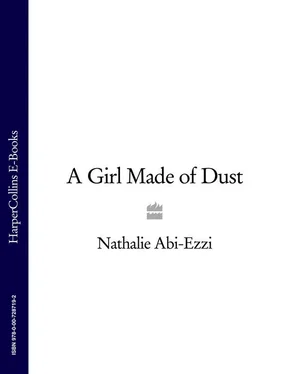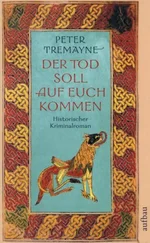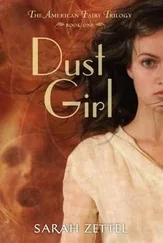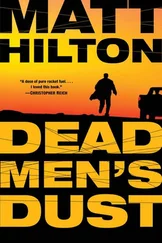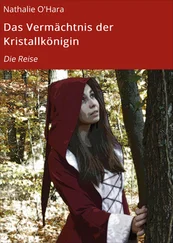‘I fell. It's all right, Teta put spirit on them,’ I explained.
She checked me quickly, then carried on working and moving among the jigsaw puzzle of trays. The green of her dress was dark under the armpits, and her arms wobbled in the heat from the oven.
From the living room came the faint tack-tack-tack of Papi's worry beads passing through his thumb and finger one by one, again and again and again.
‘Mami, why do you cook all the time?’
‘It keeps my thoughts busy.’
‘Is that why you didn't notice my cuts?’
She looked worried. ‘Yes.’
After the cooking came the washing. Then the clothes were hung out on the veranda and Mami watered the fuchsias, marigolds and geraniums set out against the walls. She flickered in and out of the sun as she passed behind the hanging clothes, and water spilt out dark from the bottom of the pots. Mami was good at taking care of things, at making sure they had enough food and water. Thin streams slid across the veranda and into the gutter. They oozed out from the bottom of every pot except for the leaning cactus tied to a pole that stood alone in the corner. Mami didn't like it and kept hoping it would die, but it wouldn't. She didn't want to throw it away yet I knew she didn't want to water it either. Perhaps her heart had dried out and withered in the heat like a fig. For a moment I pictured it, purple and shrunken, inside her chest. ‘Mami, when will you water the cactus?’
She glanced over her shoulder. ‘I don't know. Soon.’
‘How soon?’
The plastic washing-line creaked but there was no answer. She gave the last few drops to the fuchsia, while further along the wall, the earth round the cactus stayed cracked and hard.
Papi watched silently from his armchair as I crossed the living room, his large dark eyes fixed on me; except for them, he didn't move. A woman was singing out of the little radio he kept on the shelf near his chair.
‘They put up roadblocks, They dimmed all the signs, They planted cannons, They mined the squares. Where are you, love? After you we became the love that screams.’
I found a book and sat on the sofa. Above my picture of Ali Baba with the forty thieves, Papi's face looked even more square than usual – a big brown square with a funny reddish mark on his forehead like shoe polish that I had always wanted to rub off. And all the time, the tack-tack-tack of his worry beads.
The woman was still singing – ‘ It is the second summer, the moon is broken ’ – and Papi was staring at the cuts on my legs.
‘I fell, that's all. It didn't hurt much.’
There were black hairs on his arms where the sleeves were rolled up, on the backs of the hands and above each knuckle; and below that, on his toes in their black leather slippers, on the big ones and the smaller ones lined up in a neat row beside them.
‘You must be careful.’
‘ O love of days, they will come back, Beirut, the days will come back …’
The reddish mark over his eyebrow seemed bigger now. It reminded me of what Soeur Thérèse had said last time she came in to school to teach us about God and the Bible, watching through her glasses with eyes that saw everything, ready to use the telling-off voice that came straight out of her nose. She talked about Cain and Abel, and how the bad brother had a mark on his head.
In the vase on the table the plastic flowers were dusty, and the smell of burnt pastry hung in the air. Papi had turned into a statue with its eyes fixed on the floor. When he lifted his head again he seemed surprised that I was still there. As I left, it came to me that he was like the cactus. He sat in the corner all hard and dry, as though someone had forgotten to water him.
Конец ознакомительного фрагмента.
Текст предоставлен ООО «ЛитРес».
Прочитайте эту книгу целиком, купив полную легальную версию на ЛитРес.
Безопасно оплатить книгу можно банковской картой Visa, MasterCard, Maestro, со счета мобильного телефона, с платежного терминала, в салоне МТС или Связной, через PayPal, WebMoney, Яндекс.Деньги, QIWI Кошелек, бонусными картами или другим удобным Вам способом.
